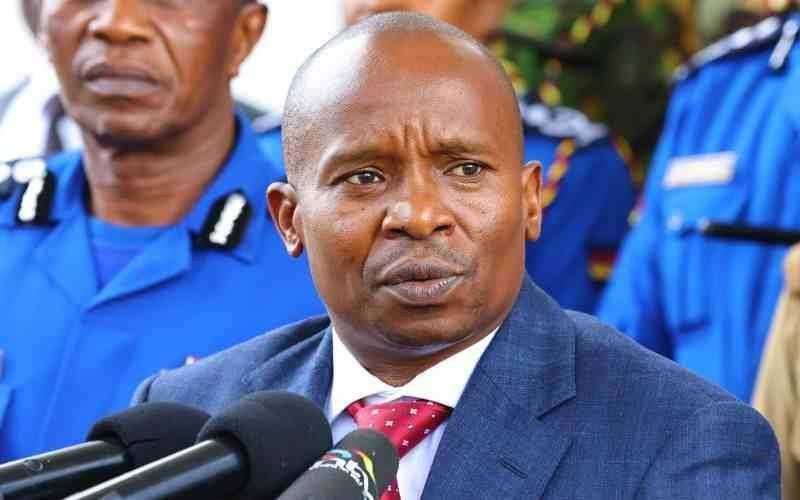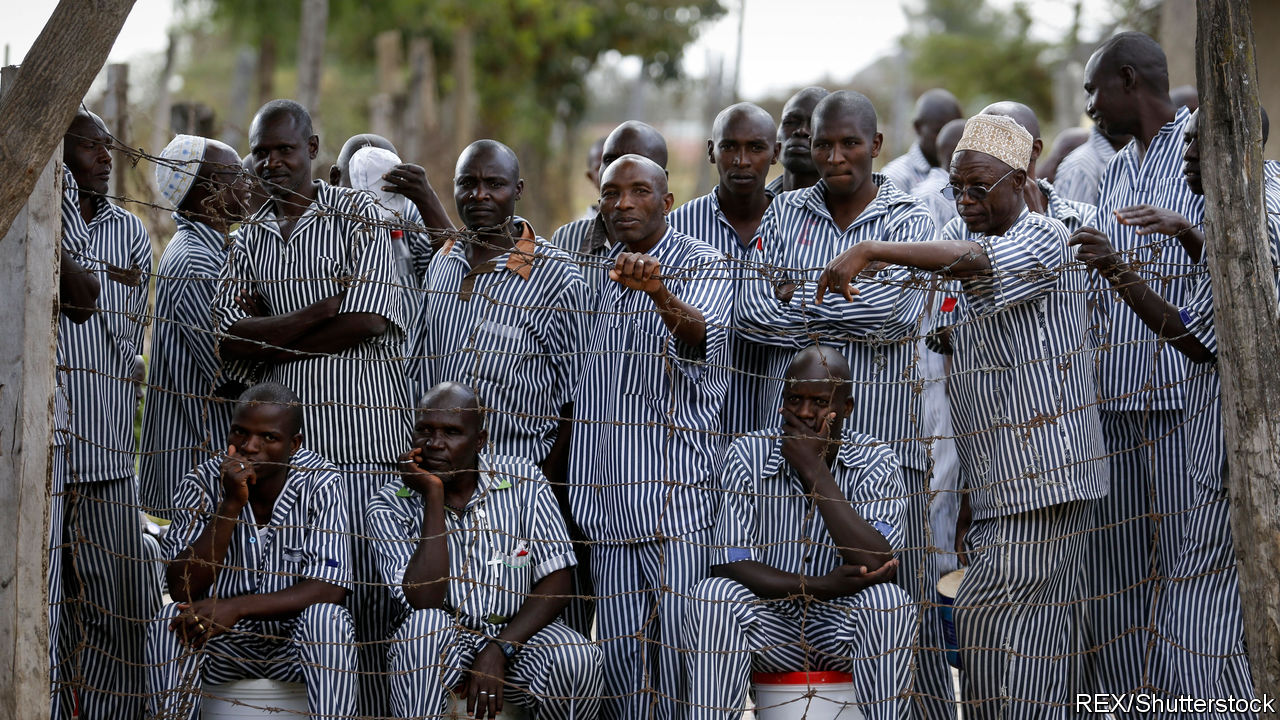Nairobi, August 14- Interior Cabinet Secretary Kipchumba Murkomen and the BBC are at odds over the broadcaster’s recent documentary Madams: Exposing Kenya’s Child Sex Trade.
On August 13, Murkomen told Parliament the film was misleading, alleging police interviews showed those featured were not underage and that some may have falsified their ages.
He claimed BBC journalists had sought women aged 17–21 under the guise of a foreign sponsorship programme, and that two women who posed as traffickers were promised large sums before disappearing. Murkomen said no victims of underage sex trafficking had been rescued in Mai Mahiu and accused the documentary of damaging Kenya’s reputation.
In response on August 14, the BBC defended the investigation as “an important piece of public interest journalism” and clarified that all contributors were adults at the time of filming, but were recounting abuse experienced as minors.
The broadcaster denied offering any payment or coaching and confirmed it had shared evidence with Kenyan police in March 2025 identifying perpetrators and victims in need of urgent help. It criticised the DCI for questioning survivors without legal representation and urged authorities to act on the evidence.
The dispute has fuelled debate over the scale of child exploitation in Kenya and how such cases are handled by law enforcement, with the government and the BBC standing by their conflicting accounts.









